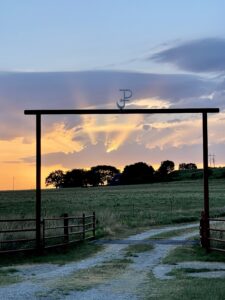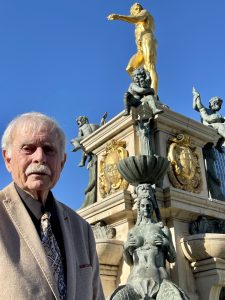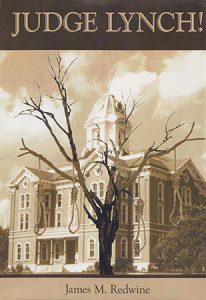
Peg and I have been away from our U.S.A. home for almost 5 months now and we are each missing some of what makes our cabin on the Oklahoma prairie so special. Peg is nostalgic for kids, grandkids, great grandkids, siblings and friends, you know, Gentle Reader, the things most people get misty-eyed over. I feel her pain but, frankly, I find that what our current home in the old Soviet Union country of Georgia really needs to join the family of democratic nations is a good bowl of chili and some hand-rubbed and torturously slow smoked Oklahoma beef brisket accompanied by a few ears of southern Indiana sweet corn.

And while Georgia claims to be the 8,000-year-old birthplace of wine, a theory which Peg and I have certainly tested, I thirst for a cold Corona with salt and lime. One cannot truly swig a real draught of room temperature red wine as you can a long swallow of cold beer to follow the piquant spice of garlic and cayenne pepper. Tell me, is it any wonder these Georgians worry about some crazy Russian neighbor on their northern border wanting to once again invade them and take their most valuable natural resource, their wine? Russia has no chili, no brisket and nothing but vodka to drown their sorrows about pesky Ukraine; of course Russia is a concern.
I have written several columns about how America could better address Russian aggression than by throwing forty billion dollars worth of military assets into the same type of winter Napoleon and Hitler did. Russian generals January, February and March may not know much about military strategy, but they sure know plenty about the logistics of winter warfare.


Why hasn’t Commander-in-Chief Biden read my columns and called to ask my advice? I would tell the President the same thing I would tell the Georgian McDonald’s and Kentucky Fried Chicken stores just two blocks from our Batumi, Georgia apartment that put out poor imitations of Georgian food disguised as quasi-American cuisine; they could make billions with a good bowl of real chili and a beef brisket sandwich. These Georgian people are smart and their traditional Georgian food is both tasty and interesting. This is probably due to thousands of years of mixed cultures from both Europe and Asia. But if we could just introduce them to what truly makes America so strong, Russia would not stand a chance.
I confess, it is not just the war effort that moves me. If we don’t get some fine southwestern chili and bar-b-q and succulent southern Indiana sweet corn soon, Peg and I are going to have to fly home and rely upon friends and family for sustenance.










